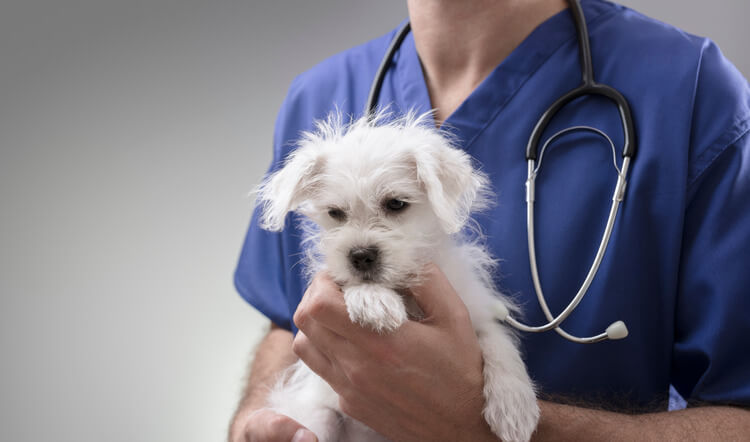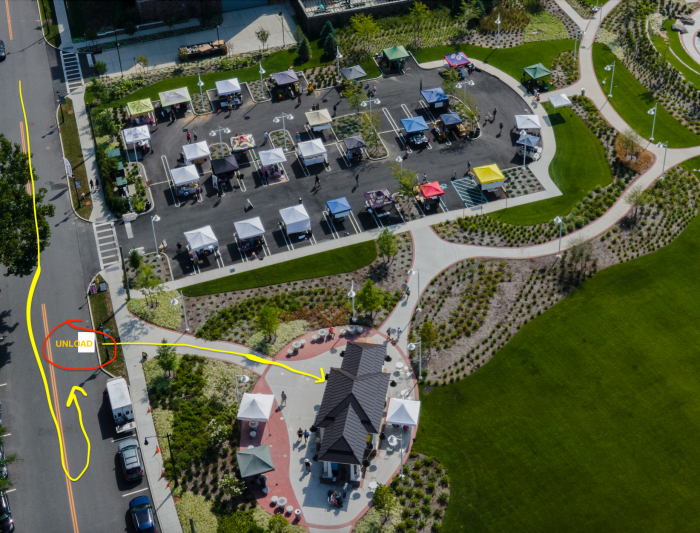Hearing that your four-legged family member needs surgery can be scary, but asking the right questions will ensure that your pet receives the proper care they need.
Begin by understanding the diagnosis and treatment. It’s human nature to question whether or not a procedure is even necessary, but many are essential for prolonging the life of your pet. Massapequa veterinarian Dr. Ned Horowitz, B.V.M.S., advises that dentistry, growth removal, spay/neuter, stenotic nasal surgical opening for brachycephalic breeds, hip evaluation, and any procedure that would improve the pet’s quality of life should be considered top priority.
Next, you’ll need to identify who best to perform the surgery. Legally speaking, any veterinarian can perform any surgery, but are they the best fit for your pet’s needs? According to Horowitz, a boarded surgeon is advised for procedures such as back surgery, disc disease, and certain orthopedic surgeries.
Ask your veterinarian how many times they have performed the procedure and ask about their success rate. Thinking of getting a second opinion? It’ll cost you. One work-around would be to visit multidoctor facilities which have the advantage of providing second opinions for little to no additional cost.
You will also need to understand what the before and after care will look like for both you and your pet. Horowitz suggests inquiring about required presurgery testing, any potential anesthetic or other risks, diagnosis, prognosis, and future follow-ups (which may not be included in the initial surgical fee). He adds, “Ask what type of monitoring equipment will be used and if a licensed veterinary technician will be monitoring the procedure. Confirm if there is overnight care and if the practice has a crash cart in case of an emergency.”
And while there are always risks associated with surgery, Horowitz says, the disease itself is the biggest risk. “Age is always a factor, but with modern anesthetics, surgical techniques, and today’s modern equipment, the minimal risks are just that, and surgery can cure and prolong quality of life.”
If cost is a concern, pet owners can look into groups like Care Credit, which provides veterinarian care financing, similar to using a credit card. Dr. Horowitz advises clients to consider pet insurance and to start a puppy/kitten savings account for incidents/emergencies. “Veterinary medicine is getting so much more sophisticated and therefore expensive. People want the best quality of care for their pets, which, unfortunately, comes with a cost.”
Begin by understanding the diagnosis and treatment. It’s human nature to question whether or not a procedure is even necessary, but many are essential for prolonging the life of your pet. Massapequa veterinarian Dr. Ned Horowitz, B.V.M.S., advises that dentistry, growth removal, spay/neuter, stenotic nasal surgical opening for brachycephalic breeds, hip evaluation, and any procedure that would improve the pet’s quality of life should be considered top priority.
Next, you’ll need to identify who best to perform the surgery. Legally speaking, any veterinarian can perform any surgery, but are they the best fit for your pet’s needs? According to Horowitz, a boarded surgeon is advised for procedures such as back surgery, disc disease, and certain orthopedic surgeries.
Ask your veterinarian how many times they have performed the procedure and ask about their success rate. Thinking of getting a second opinion? It’ll cost you. One work-around would be to visit multidoctor facilities which have the advantage of providing second opinions for little to no additional cost.
You will also need to understand what the before and after care will look like for both you and your pet. Horowitz suggests inquiring about required presurgery testing, any potential anesthetic or other risks, diagnosis, prognosis, and future follow-ups (which may not be included in the initial surgical fee).
He adds, “Ask what type of monitoring equipment will be used and if a licensed veterinary technician will be monitoring the procedure. Confirm if there is overnight care and if the practice has a crash cart in case of an emergency.”
And while there are always risks associated with surgery, Horowitz says, the disease itself is the biggest risk. “Age is always a factor, but with modern anesthetics, surgical techniques, and today’s modern equipment, the minimal risks are just that, and surgery can cure and prolong quality of life.”
If cost is a concern, pet owners can look into groups like Care Credit, which provides veterinarian care financing, similar to using a credit card. Dr. Horowitz advises clients to consider pet insurance and to start a puppy/kitten savings account for incidents/emergencies.
“Veterinary medicine is getting so much more sophisticated and therefore expensive. People want the best quality of care for their pets, which, unfortunately, comes with a cost.”


























